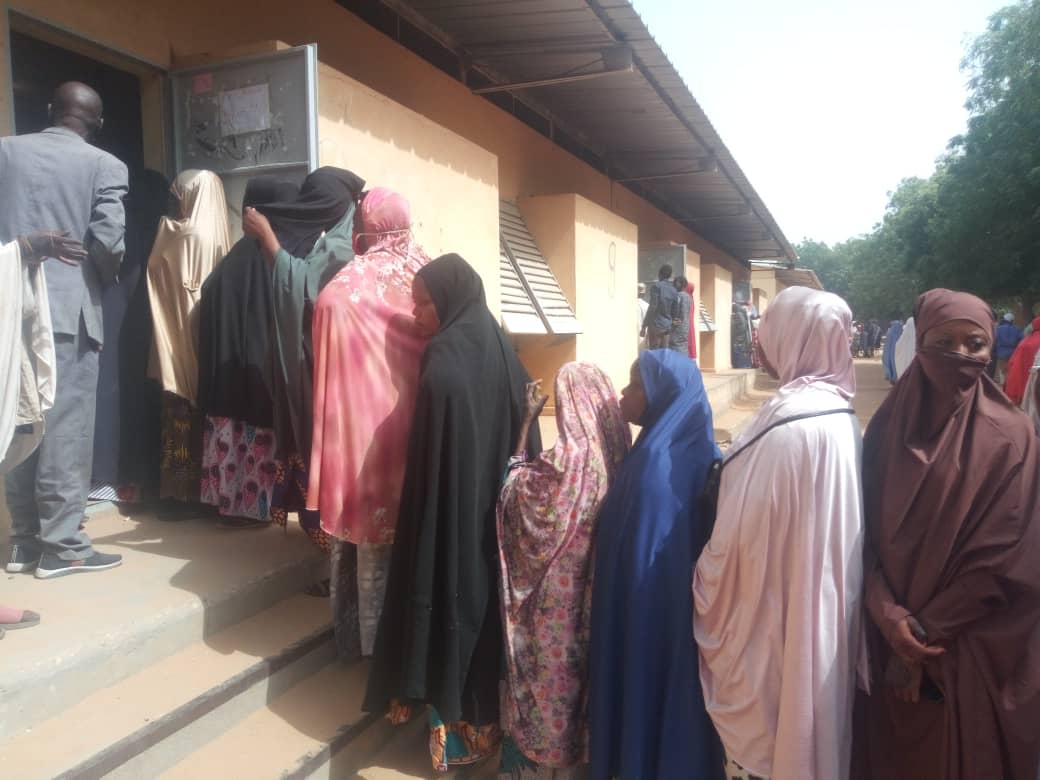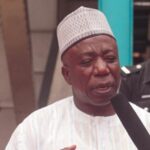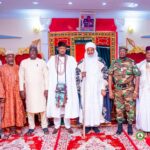About 7.4 million Nigeriens are voting in the West African country’s presidential and legislative elections on Sunday.
This is the first time since Independence that the country, the poorest in the world according to the UN, will be transiting from one elected president to another.
Jeune Afrique reports that voting started by 9.00 am, an hour late, in one of the working-class neighbourhoods of Niamey, the capital city.
- Nigerien Presidency: Bazoum, 29 Others In Final Push As Poll Holds Sunday
- Top Politicians Eyeing Buhari’s Seat
The elections are taking place amidst dual security challenges: incessant attacks from Al-Qaeda and Islamic State linked militants in Mali and Burkina Faso near its western border and those of Boko Haram near its border with Nigeria in the southeast.
The UN has said that 4,000 people died last year in Burkina Faso, Mali and Nigeria from violence and ethnic bloodshed instigated by Islamist militants.
Facing the new president
Two deadly attacks, one killing seven soldiers in the west on December 21 and another, claimed by Boko Haram, that led to the death of 34 people on December 12, were recorded ahead of the elections.
With an economy slowed down by the impact of the COVID-19 pandemic – compounding an already difficult situation occasioned by the effect of climate change and the falling price of the country’s major export commodity, uranium – whoever succeeds President Mahamadou Issoufou will have his job cut out for him.
World Bank figures showed that about 42 percent of the population lived on less than $1.90 a day last year, while almost a fifth of the 23 million population relied on food aid.
The candidate of the ruling party, former Interior Minister Mohamed Bazoum is tipped as the favourite to replace Mr Issuofou – who is completing his two five-year terms in office.
He is facing 29 other candidates.
Here are the top six contenders as compiled by africanews.com:
Mohamed Bazoum

The 60-year-old former interior minister is the favourite candidate in the race and Mr Issoufou’s handpicked successor.
He has vowed to continue the incumbent’s policies to combat Islamist violence and end poverty.
He has even called his policy platform Renaissance 3, named after Issoufou’s Renaissance 1 and Renaissance 2 governing agendas,
“We are going to consolidate the gains of the past 10 years,” he has previously said.
“We are going to continue in the direction set by President Mahamadou Issoufou.”
Seini Oumarou

Among the prominent candidates is Seini Oumarou, a high representative of the head of state since 2016, a post he recently left.
Seini Oumarou was nominated by his party, the National Movement for Social Development (MNSD).
At 70, he is campaigning for the third time – after 2011 and 2016.
His party led Niger from 1999 to 2010.
Mr Oumarou served as prime minister from 2007 to 2009.
Amadou Boubacar Cissé
Former Minister of State for Planning and Development, Amadou Boubacar Cissé is the candidate of the Union for Democracy and Republic (UDR Tabbat).
Mahamane Ousmane

He was elected President of the Republic of Niger in the first democratic election on March 27, 1993.
After several months of social tensions, he was overthrown in a coup d’état led by Colonel Ibrahim Baré Mainassara in January 1996.
He is the candidate of the Renewed Democratic and Republican Party (Renouveau Démocratique et Républicain).
Ibrahim Yacouba

Ibrahim Yacouba, who ran against current President Mahamadou Issoufou in the 2016 presidential election, came 5th with 4.43% of the vote in the first round.
Having called to vote for President Issoufou in the second round, he became Minister of Foreign Affairs, but was dismissed in April 2018 by the head of state for “showing disloyalty”.
Ibrahim Yacouba is the candidate of the Patriotic Movement of Niger (MPN).
Hama Amadou

In November, the Constitutional Court declared the main opposition candidate, Hama Amadou, “ineligible” to run in Sunday’s election.
Although the court didn’t give a specific reason, it is assumed Amadou’s candidacy was rejected because of a one-year jail sentence.
The former prime minister and former president of the National Assembly was sentenced in 2017 to one year in prison in a case of “infant trafficking”.
Although he had been granted a presidential pardon last March while serving his sentence, he was still, according to the Constitutional Court, affected by Article 8 of the Electoral Code which stipulates that anyone sentenced to at least one year in prison cannot be allowed to run for president.

 Join Daily Trust WhatsApp Community For Quick Access To News and Happenings Around You.
Join Daily Trust WhatsApp Community For Quick Access To News and Happenings Around You.


